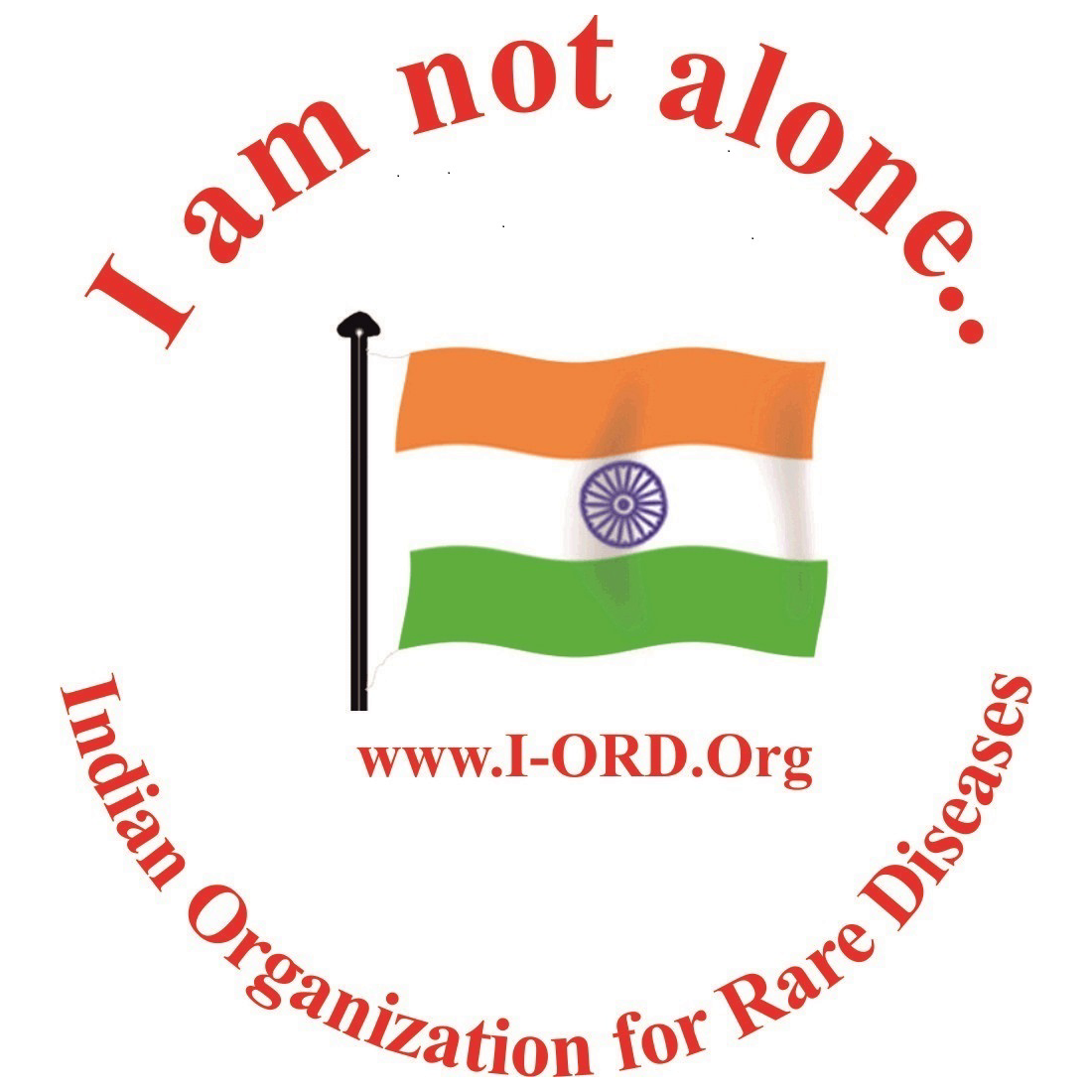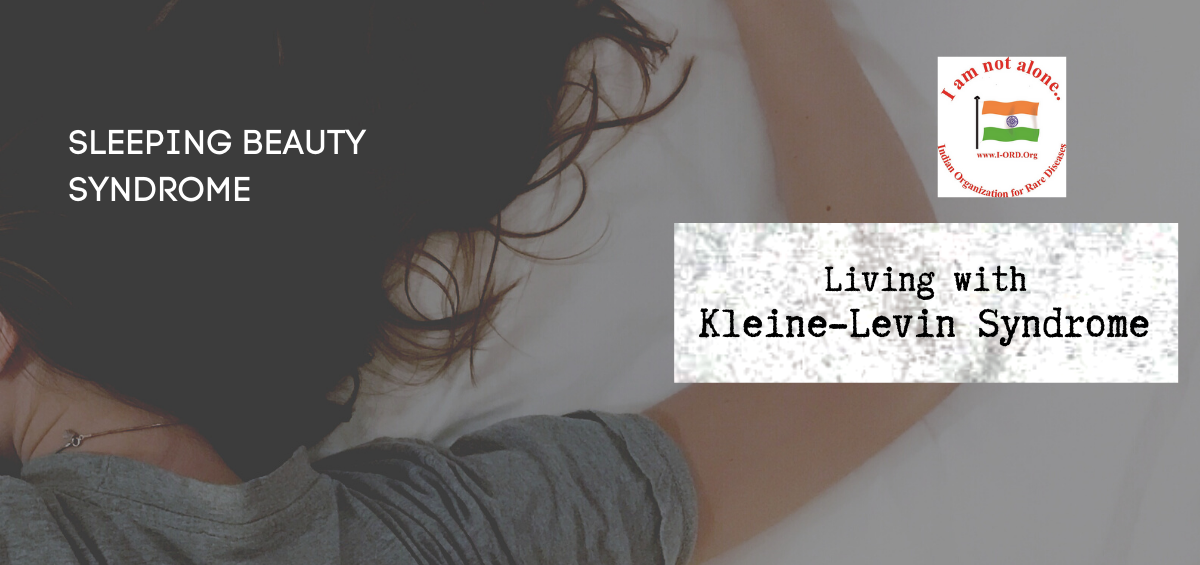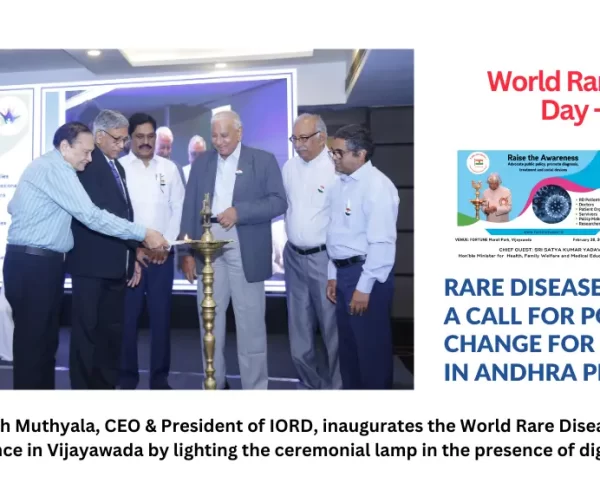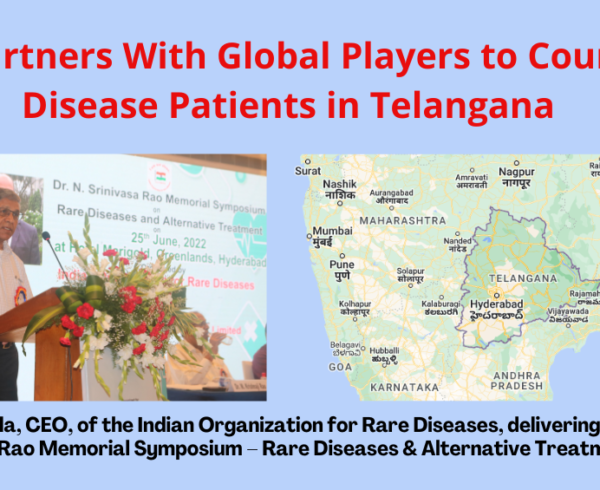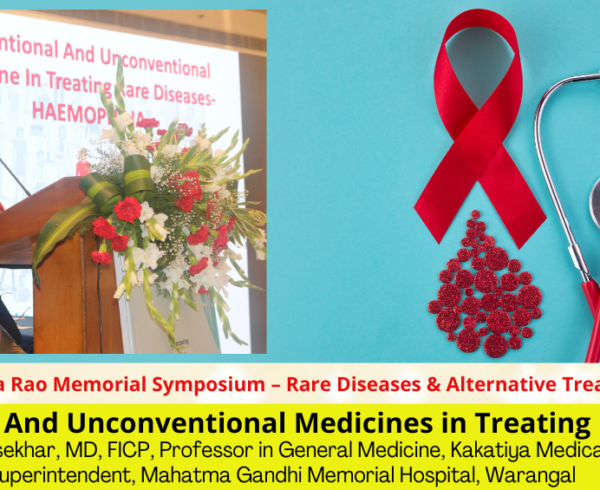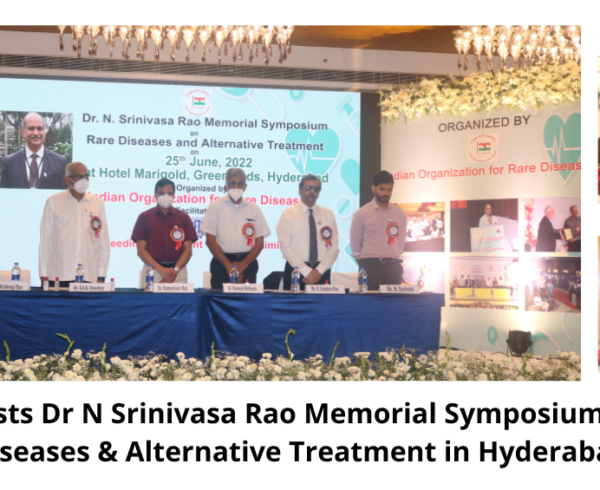Known otherwise as Kleine-Levin Syndrome (KLS), Sleeping Beauty Syndrome is known to be one of the extremely rarest of rare diseases with medical literature recording only about 500 cases around the world.
In this rare condition, the body craves excessive sleep for 15-20 hours (hypersomnolence or hypersomnia) and overeating (compulsive hyperphagia) with accompanying neurological tendencies that occur in episodes lasting from weeks to months at a stretch.
Rajeev Bhasin: A Case Study
The 45-year-old Rajeev Bhasin from Mumbai faced the first episode of Sleeping Beauty Syndrome when he was aged 16 years. Since then, he has faced recurring episodes with the above-mentioned symptoms at least 10 times in the last 13 years.
Once the symptoms start with an episode, they do not immediately go. These symptoms are known to persist for weeks or months at a stretch till they disappear. Until a fresh episode happens, the patient can lead a normal life during that gap period.
“My last episode of Kleine-Levin Syndrome (KLS) has run for 6 months from April 21 to October 21. While my latest episode has started on February 26, 2022, and is still on,” said Rajeev Bhasin, who has been struggling to find a cure for this extremely rare disease without success.
He told Indian Organization for Rare Diseases (IORD) that the gap been his first and second attack of re-occurrent hypersomnia was 15 years. “My first attack came when I was 16 years and the second attack came at the age of 33,” informed Rajeev.
When one is in the attack phase of Kleine-Levin Syndrome, one faces neurological-behavioural issues besides sleep and eating issues.
Known to hit those in adolescent age, the disorder also affects adults equally and makes the patient drowsy even when one is not sleeping.
Interestingly, this disorder has attracted the attention of moviemakers in Kannada with one movie called Gentleman depicting the lead character with Kleine-Levin Syndrome in 2020.
Kleine-Levin Syndrome: Treatment
Until now, there was no standard treatment protocol or drugs to treat patients with Kleine-Levin Syndrome exist. At best, one can try for relief with symptomatic treatment with off-label drugs and take recourse to polysomnography. One may also require neurological support.
Recently, the U.S. Food and Drug Administration (FDA) has approved a drug called Xywav (also known as JZP258) for the treatment of idiopathic hypersomnia in adults. The price of the drug is exorbitantly high at around $5,843 for a supply of 180 millilitres.
However, Rajeev Bhasin – who has been on steroids to manage the disorder during the active phase of the attack – told IORD that his treating consultant has not yet prescribed this drug for him.
“I was told by my doctor that this drug does not work for all KLS patients,” said Rajeev, who has been extensively researching for more information to learn about current developments taking place around the world to treat this rare disorder.
He has also used sleep studies with polysomnography by sleep study experts at different institutes but claimed there was no visible improvement in his condition.
Kleine-Levin Syndrome: Support Groups
Being part of a very small group in India, Rajeev has joined a WhatsApp and Facebook group called Kleine-Levin Syndrome (KLS) Foundation.
“Our WhatsApp group has only five KLS patients from India and 3 from Pakistan. I am also a part of a closed Facebook group where we discuss our issues with other KLS patients for mutual support, comfort and information exchange,” Rajeev told IORD.
While highlighting the number of new KLS cases in India, Rajeev said that he has so far come across five reported cases in scientific journals reported from states like Kerala and Tamil Nadu in the last year.
If you are a KLS patient or know any KLS patients, you can connect with Rajeev Bhasin at bhasin_batt@hotmail.com
